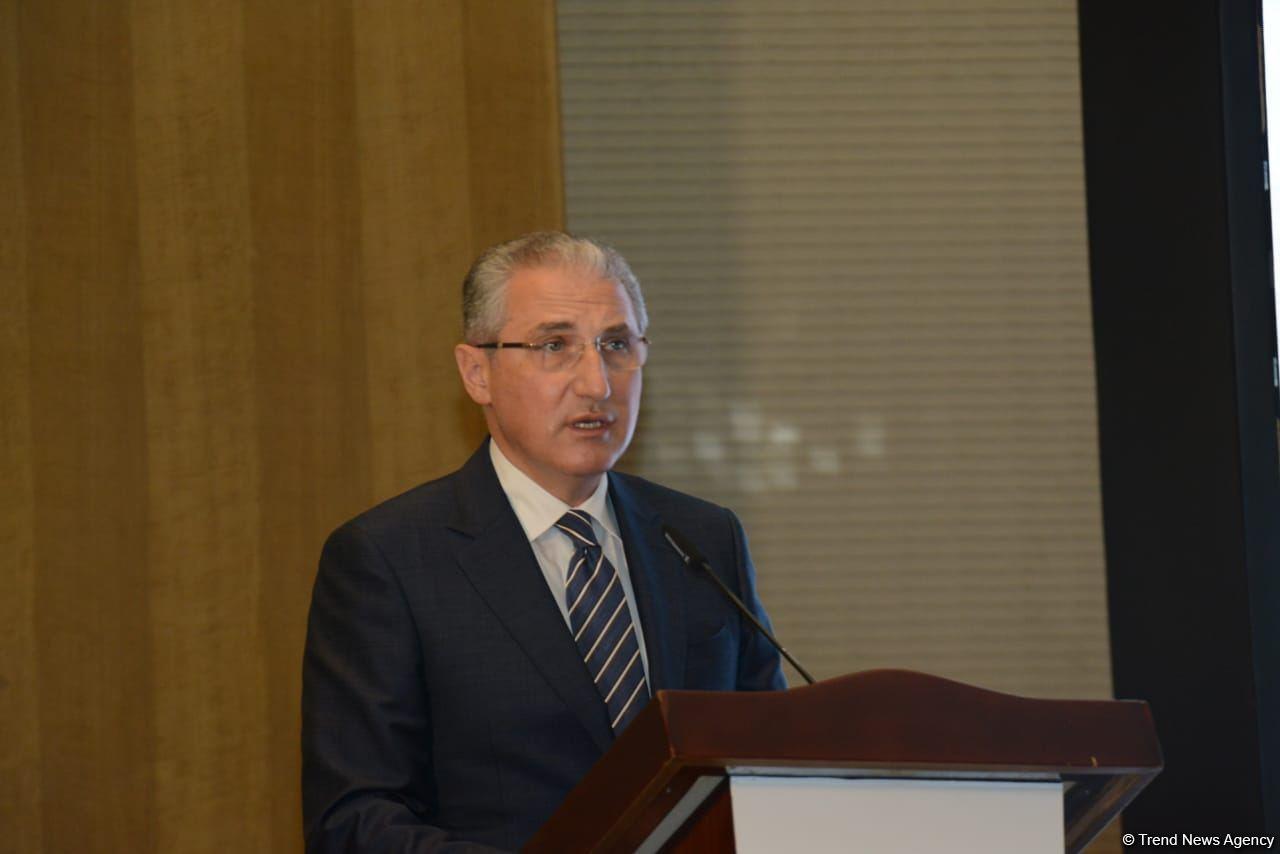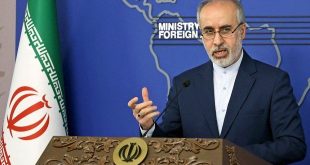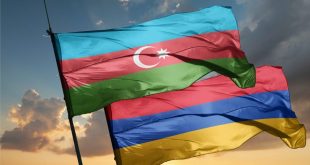
Ecology and Natural Resources Minister Mukhtar Babayev has said that the international community must put pressure on Armenia to urge the latter to stop polluting Azerbaijani rivers, Trend reported on June 30.
He made the remarks at the presentation of the Karabakh.Center web resource in Baku on June 30.
“Unfortunately, Armenia has polluted the transboundary rivers of Azerbaijan. The international community must put pressure on Armenia to stop its criminal actions,” Babayev noted.
He added that Azerbaijani territories liberated from the Armenian occupation in 2020 are rich in water resources.
“Up to 40 percent of the mineral water resources of Azerbaijan falls on the liberated lands. For the rational use of water in these territories monitoring will be conducted,” the minister noted.
Babayev stressed that during the occupation of the Azerbaijani lands, Armenia seriously damaged the country’s forest fund.
Speaking about Armenian-inflicted serious environmental damage, he said that the plunder of the liberated lands’ natural resources led to the violation of the ecological balance.
“We have a great responsibility to restore the environment on the liberated territories,” added the minister.
Meanwhile, Chairman of the Karabakh Revival Fund’s Board Rahman Hajiyev said at the same ceremony that the scale of destructions in the country’s liberated lands is extremely great.
He described Azerbaijan’s victory as a message to the whole world.
“No one can break us, we are ready to overcome any problem,” added the chairman.
Azerbaijan initiated a criminal case against Armenia over the latter’s ecological terror during the 30-year occupation of the country’s Karabakh region and adjacent seven districts, the Prosecutor-General’s Office said on June 21.
Armenia’s three-decade occupation of Azerbaijani territories extensively damaged the ecosystem, wildlife and natural resources in and around the Nagorno-Karabakh region. Armenians also resorted to large-scale acts of ecological terror in regions they had to leave under the trilateral November peace deal that stipulated the return of Azerbaijan’s occupied territories.
The clashes between Armenia and Azerbaijan escalated for the second time in 2020 after Armenia’s forces deployed in the occupied Azerbaijani lands targeted Azerbaijani civilian settlements and military positions, causing casualties among civilians and the military. In the early hours of September 27, Azerbaijan launched a counter-offensive operation that lasted six weeks. The operation resulted in the liberation of Azerbaijan’s occupied lands.
A Russia-brokered ceasefire deal that Azerbaijan and Armenia signed on November 10, 2020, brought an end to the 44-day war between the two countries. The Azerbaijani army declared a victory against the Armenian troops. The signed agreement obliged Armenia to withdraw its troops from the Azerbaijani lands that it had occupied.
By Vafa Ismayilova
 Oval Useful news from Azerbaijan and Caucasus
Oval Useful news from Azerbaijan and Caucasus


